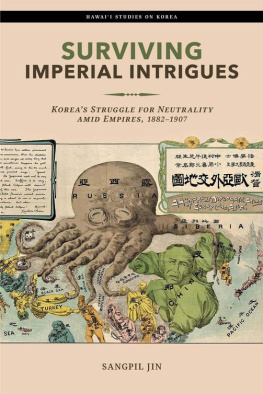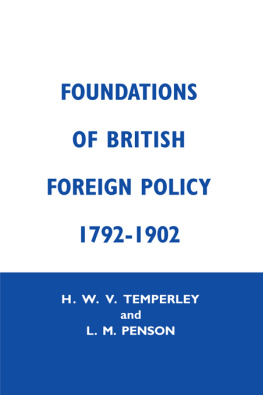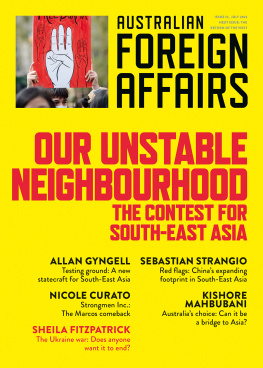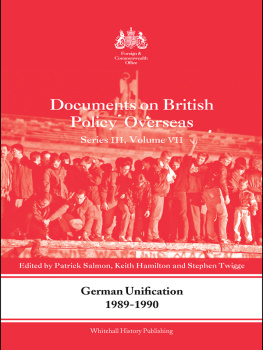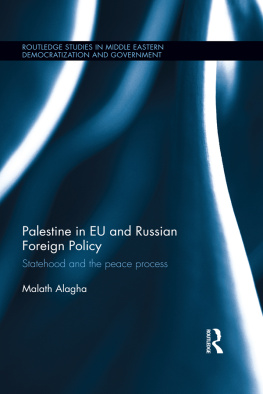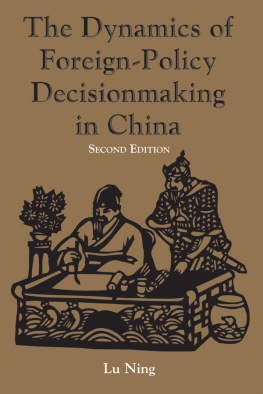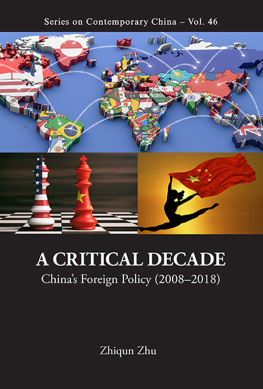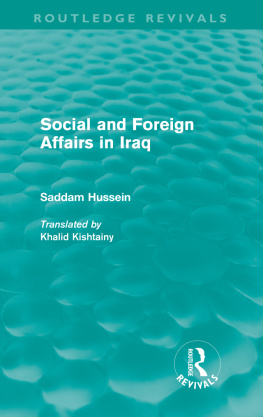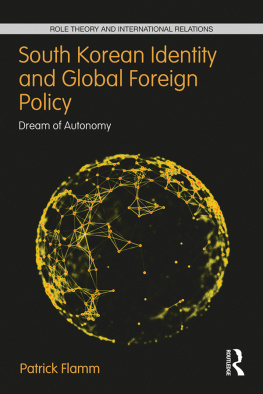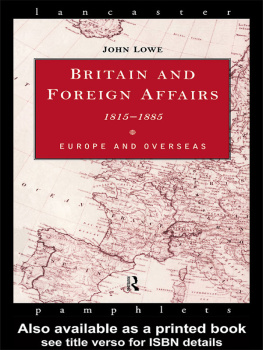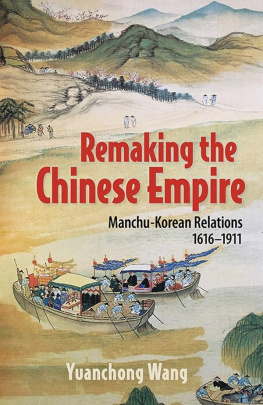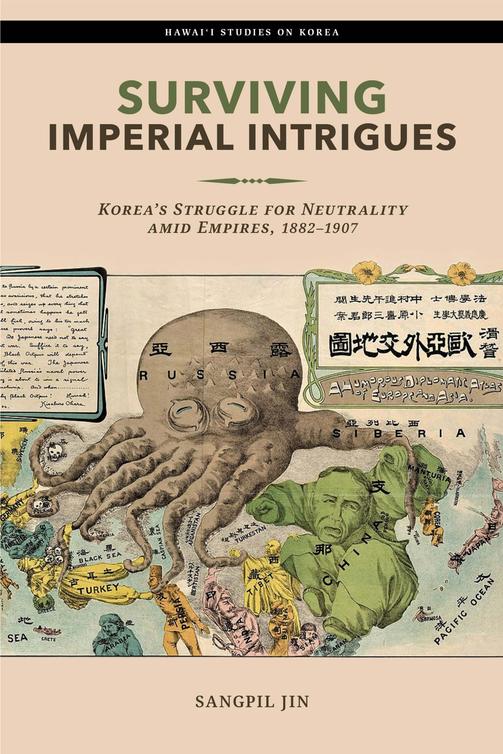Sangpil Jin - Surviving Imperial Intrigues: Korea’s Struggle for Neutrality amid Empires, 1882–1907
Here you can read online Sangpil Jin - Surviving Imperial Intrigues: Korea’s Struggle for Neutrality amid Empires, 1882–1907 full text of the book (entire story) in english for free. Download pdf and epub, get meaning, cover and reviews about this ebook. City: Honolulu, year: 2021, publisher: University of Hawaii Press, genre: History. Description of the work, (preface) as well as reviews are available. Best literature library LitArk.com created for fans of good reading and offers a wide selection of genres:
Romance novel
Science fiction
Adventure
Detective
Science
History
Home and family
Prose
Art
Politics
Computer
Non-fiction
Religion
Business
Children
Humor
Choose a favorite category and find really read worthwhile books. Enjoy immersion in the world of imagination, feel the emotions of the characters or learn something new for yourself, make an fascinating discovery.
- Book:Surviving Imperial Intrigues: Korea’s Struggle for Neutrality amid Empires, 1882–1907
- Author:
- Publisher:University of Hawaii Press
- Genre:
- Year:2021
- City:Honolulu
- Rating:4 / 5
- Favourites:Add to favourites
- Your mark:
Surviving Imperial Intrigues: Korea’s Struggle for Neutrality amid Empires, 1882–1907: summary, description and annotation
We offer to read an annotation, description, summary or preface (depends on what the author of the book "Surviving Imperial Intrigues: Korea’s Struggle for Neutrality amid Empires, 1882–1907" wrote himself). If you haven't found the necessary information about the book — write in the comments, we will try to find it.
In Surviving Imperial Intrigues, Sangpil Jin explores how successful Korean neutralization could have radically transformed the balance of power equation in East Asia. He conducted multilocational archival work, analyzing documents from the Austro-Hungarian Empire Ministry of Foreign Affairs, British Foreign Office, French Ministry of Foreign Affairs, German Foreign Office, Japanese Ministry of Foreign Affairs, Russian Foreign Office, Russian State Naval Archive, and US State Department, as well as perusing private papers and newspapers. What surfaced in these readings were disparate voices of multiple actors and their agendas concerning Korean neutrality and dynamic international relations in modern East Asia. Jin argues that although never implemented, Korean neutralization had the potential to succeed during the British occupation of Kmundo (18851887). He further points out that neutralization has recently resurfaced as a possible option for a unified Korean state to preserve its strategic flexibility amidst the US pivot to Asia and Chinas re-emergence as a potential hegemon in the region.
While neutralization is the focal point of the book, Jin also analyzes Koreas complex and layered relations with China, Japan, Russia, and the United States, within the overall framework of Sino-Japanese, Anglo-Russian, and Russo-Japanese rivalries. A periphery state in the contemporary international system, Korea was forced to navigate through intricate diplomatic relations with major imperial powers. Jin skillfully directs his academic lens toward understanding the stories behind Koreas contentious relations and the rivalries among the powers. The timespan of his study stretching from 1882 to 1907 reflects his unique periodization that offers a groundbreaking view of Korean diplomatic history from a more regional geography paradigm. In recent years, contemporary South Korea has been learning to reassess its strategic position in the emerging SinoUS bipolarity in the Asia-Pacific region. This book serves as a historical guide for both specialists and policymakers who require a nuanced grasp of the new era of geopolitical shift, likely dominated by the two powers (China and the United States) that possess a distinct understanding of the norms and structure of the international order.
Sangpil Jin: author's other books
Who wrote Surviving Imperial Intrigues: Korea’s Struggle for Neutrality amid Empires, 1882–1907? Find out the surname, the name of the author of the book and a list of all author's works by series.

